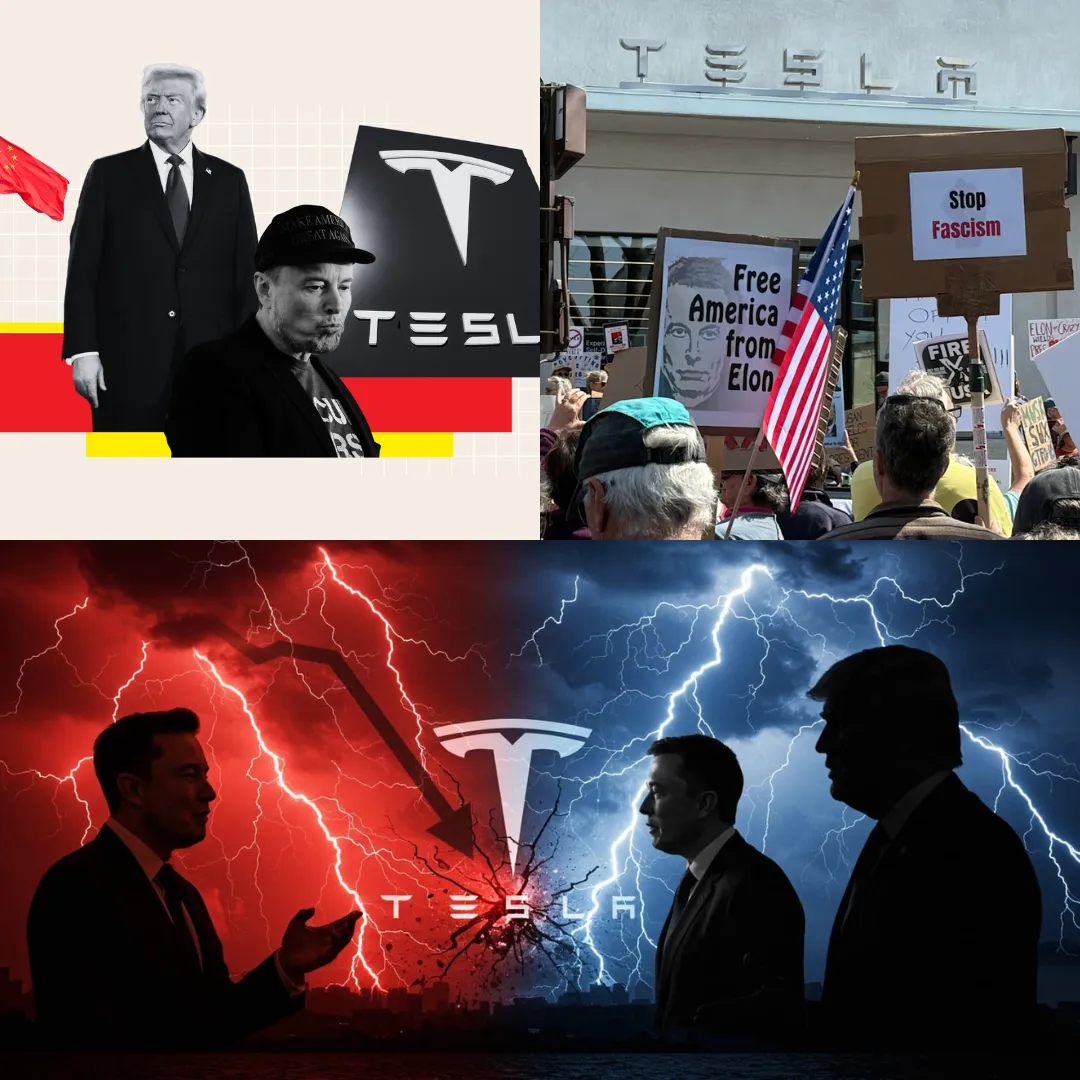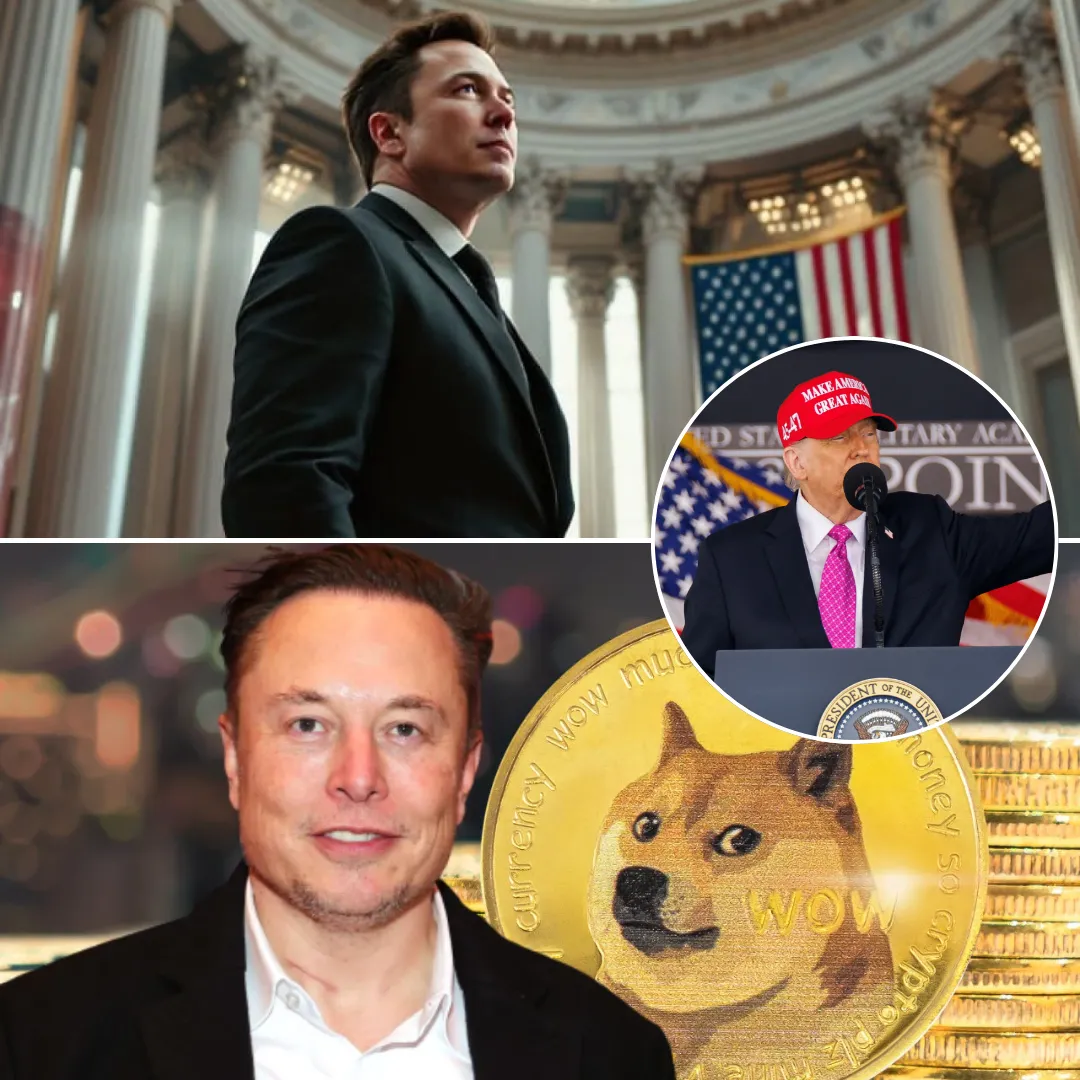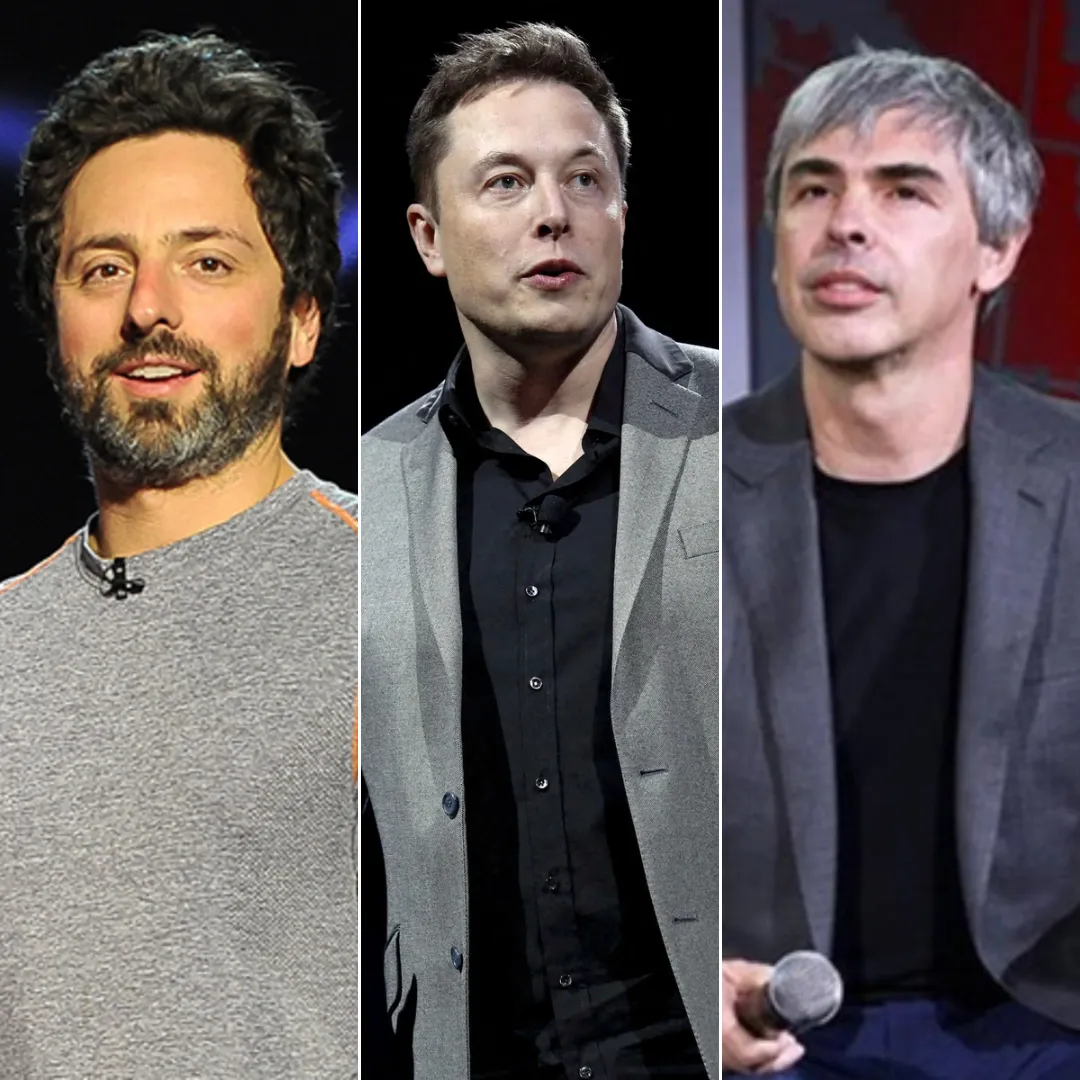
Despite Apple’s monumental $500,000,000,000 investment commitment to the United States economy, President Donald Trump appears anything but satisfied. In a public declaration that has both startled the tech community and further strained U.S.-India trade dynamics, Trump openly criticized Apple CEO Tim Cook for what he sees as a betrayal of American manufacturing interests.
The comments, delivered on Thursday during an appearance centered around broader U.S. trade relations, offered a sharp rebuke of Apple’s expanding footprint in India and exposed the growing tension between political expectations and corporate globalization strategies.
Trump, now in his second term as president, made it clear that his administration’s tolerance for American firms shifting operations overseas is running out. “I had a little problem with Tim Cook yesterday,” he said, visibly annoyed. “I said to him, ‘my friend, I treated you very good. You’re coming here with $500 billion, but now I hear you’re building all over India.’ I don’t want you building in India.”
This remark was not just a casual quip—it was a direct demand, and one aimed at redirecting one of the world’s most powerful corporations back onto American soil.

Apple’s historic $500 billion pledge, announced earlier this year, was initially met with praise across political lines. The investment included a mix of manufacturing expansion, infrastructure spending, job creation, and research and development initiatives. It was widely interpreted as a goodwill gesture to the Trump administration and an acknowledgment of the growing pressure to decouple from Chinese manufacturing.
But with Apple simultaneously ramping up its production ambitions in India—now targeting 25% of its global iPhone output from the subcontinent—Trump appears to feel the company is playing both sides.
At the heart of Trump’s grievance is Apple’s strategic move to diversify its supply chain. Long reliant on China for assembling over 90% of its iPhones, Apple has accelerated a pivot toward India, lured by a mix of labor cost advantages, rising domestic demand, and favorable incentives from the Indian government.
Foxconn, Apple’s largest assembly partner, just received greenlight from New Delhi to jointly build a new semiconductor plant with HCL Group, further signaling Apple’s deepening commitment to the region.

To Trump, however, this global balancing act crosses a political red line. “Tim, look,” he said recounting the conversation, “we treated you really good, we put up with all the plants that you build in China for years. Now you got to build us. We’re not interested in you building in India. India can take care of themselves... we want you to build here.”
The message was unmistakable: Apple’s investments abroad are no longer just business decisions—they are political decisions with national consequences.
Trump’s tough talk on Apple came amid a broader discussion on U.S. trade relations with India, a country he labeled as “one of the highest tariff nations in the world.” Despite recent concessions offered by New Delhi, including a proposed zero-tariff deal for certain U.S. goods, Trump has moved forward with a reciprocal 26% tariff on Indian imports, set to remain in effect until at least July.
His comments signal that tech companies leveraging India as a production base might face increased scrutiny or even retaliatory measures.
For Apple, this puts them in a precarious position. The company has spent decades building an intricate and hyper-efficient supply chain in China, one that is not easily duplicated. The COVID-19 pandemic and geopolitical risks have exposed vulnerabilities in that model, prompting the current diversification efforts.

Yet, while Vietnam and India offer partial relief, relocating iPhone production to the United States en masse remains financially and logistically implausible. Multiple expert analyses suggest that a domestically produced iPhone could cost anywhere between $1,500 to $3,500 per unit, making it virtually unsellable at scale.
At present, Apple manufactures only a handful of products within U.S. borders. The most notable among them is the Mac Pro, assembled in Texas. In February, the company also announced plans to build a facility in Texas to manufacture servers for its AI platform, Apple Intelligence. However, these projects represent a small fraction of Apple’s overall hardware output. The idea of re-shoring the iPhone supply chain, even partially, is seen by many in the industry as economically untenable and technologically regressive.
Nonetheless, Trump’s expectation is clear: Apple’s half-trillion-dollar investment is not enough unless it brings back large-scale manufacturing jobs. For a president who has centered his political brand around the themes of economic nationalism and trade rebalancing, Apple’s ongoing foreign expansion is viewed as disloyalty, not strategy.
The fact that Apple has chosen India—an emerging geopolitical partner but also a competitor to U.S. tech interests—only exacerbates Trump’s concerns.
The business world is now closely watching how Apple will navigate this pressure. Trump’s unpredictable leadership style has often blurred the lines between policy and personal preference. While he stopped short of threatening punitive action against Apple, the implications of his words were heavy with warning.
Will Apple continue its global supply chain evolution undeterred, or will it concede further to domestic production demands to appease Washington?
Interestingly, Apple has yet to respond publicly to Trump’s statements. CNBC has reportedly reached out for comment, but no formal reply has been issued. Analysts believe the company is likely calculating its next public move carefully, wary of turning a political flare-up into a full-blown economic battle.
Apple’s image as an innovative yet apolitical entity has often allowed it to sidestep deeper entanglements with administrations on both sides of the aisle, but the stakes now appear higher than ever.

From a financial perspective, there’s also the question of whether Trump’s demands align with shareholder interests. Apple’s stock remains one of the most valuable in the world, buoyed by consistent revenue streams from its iPhone business and services division.
Any decision that would drastically inflate production costs—or undermine the flexibility of its global supply chain—would likely face backlash from investors. Wall Street is wary of any political intervention that might jeopardize Apple’s finely tuned global operations.
Still, Trump’s pressure campaign taps into a broader cultural and economic sentiment—one that is skeptical of globalization and hungry for domestic revitalization. In this narrative, Tim Cook becomes not just a CEO but a symbol: a powerful executive who must decide whether allegiance to global efficiency is worth risking political fallout at home.
The next steps remain uncertain. If Trump continues to publicly shame American companies that expand abroad, it may prompt a wider reckoning among U.S. tech giants. For Apple, the challenge is particularly acute. With hundreds of billions on the line, both in capital commitments and future production plans, its ability to thread the needle between international growth and domestic loyalty will define the next era of its legacy.
Until then, the message from the White House is loud and clear: half a trillion dollars may buy a lot of goodwill—but not enough to satisfy President Donald Trump.




